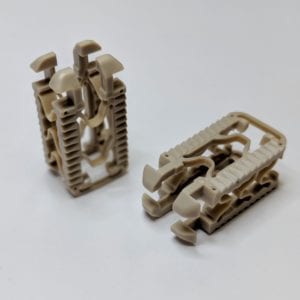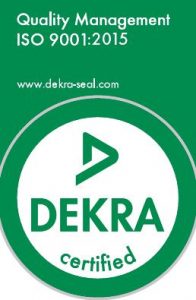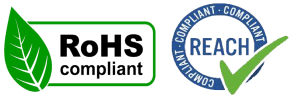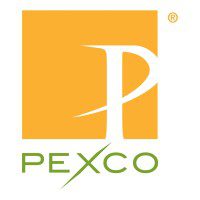
Aircraft Maintenance Professionals are always looking for better and more efficient ways to complete their tasks. Sometimes, in an effort to complete their tasks faster, they use items that were not designed for use in removal and damage to the underlying surfaces.
While there are currently many scraper blades on the market that are designed for adhesive removal, , not all materials are created equal. Most of the blades currently on the market are made of three materials: ABS, Phenolic, and Torlon.
ABS
Acrylonitrile Butadiene Styrene is a very tough, very durable thermoplastic used in a wide variety of applications. ABS is a common choice among other plastic production materials because of its durability, structural stability, and good corrosion, impact, chemical, and wear resistance.
ABS plastic is made when acrylonitrile and polystyrene monomers are polymerized with butadiene rubber to create acrylonitrile butadiene styrene (ABS). This blending is typically accomplished using an emulsification process, wherein materials that would otherwise not mix are formulated into a cohesive single product (think milk, where fats, oil, and water do not separate out of solution but exist as a homogenous mixture)
Phenolic
Phenolic is a laminated plastic used in a variety of custom plastic components due to its high strength, resistance to solvents, dielectric strength, and many other features.
Phenolics are manufactured by impregnating layers of material with a phenolic resin, and then applying heat and pressure, which transforms these layers into a solid mass. The result is a thermoset that is dense, dimensionally stable, structurally strong, has low creep, and is an excellent insulator.
Torlon

Torlon® is a high-strength, high-performance, melt-processable plastic material. It’s ability to perform under severe stress combined with its resistance to elevated temperatures makes it ideal for various applications across many industries. Torlon (PAI) is recognized as being the highest-performing plastic that is melt-processable.
Polyamide-imides (PAIs) are thermoplastic amorphous polymers prepared by the condensation of an aromatic diamine, such as methylene diamine, and an anhydride, such as trimellitic acid chloride. PAIs have good mechanical, thermal, and chemical resistance, high strength, melt processability, and high heat capacity.
So, ABS is blended thermoplastic, Phenolic is impregnated plastic, and Torlon is a heat-treated, condensed thermoset. Condensed thermoset materials are stronger, more resilient, and exhibit consistent performance without the risk of damaging the surfaces.
EnduroSharp® Torlon® aircraft maintenance tools were specifically designed by Performance Plastics, the Airforce Research Laboratory (ARL), and the University of Dayton Research Institute at Wright Patterson Air Force Base to safely and efficiently remove adhesives, sealants, and coatings while maintaining an effective edge and not damaging the underlying substrates.
For more information on Torlon® and/or EnduroSharp Torlon® Aircraft Maintenance Tools, please contact Aileen Crass, Product Marketing Manager at [email protected], or visit our website at www.performanceplastics.com/endurosharp.

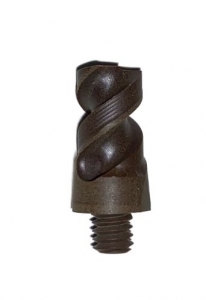 Performance Plastics is pleased to announce two additions to its EnduroSharp® line of aircraft maintenance tools: the EnduroSharp® Torlon® Sealant Remover (TSR) and three new EnduroSharp® Adhesive Reamers (TAR).
Performance Plastics is pleased to announce two additions to its EnduroSharp® line of aircraft maintenance tools: the EnduroSharp® Torlon® Sealant Remover (TSR) and three new EnduroSharp® Adhesive Reamers (TAR).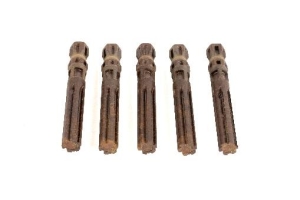


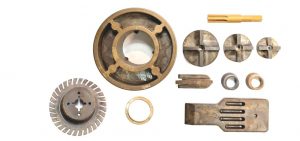
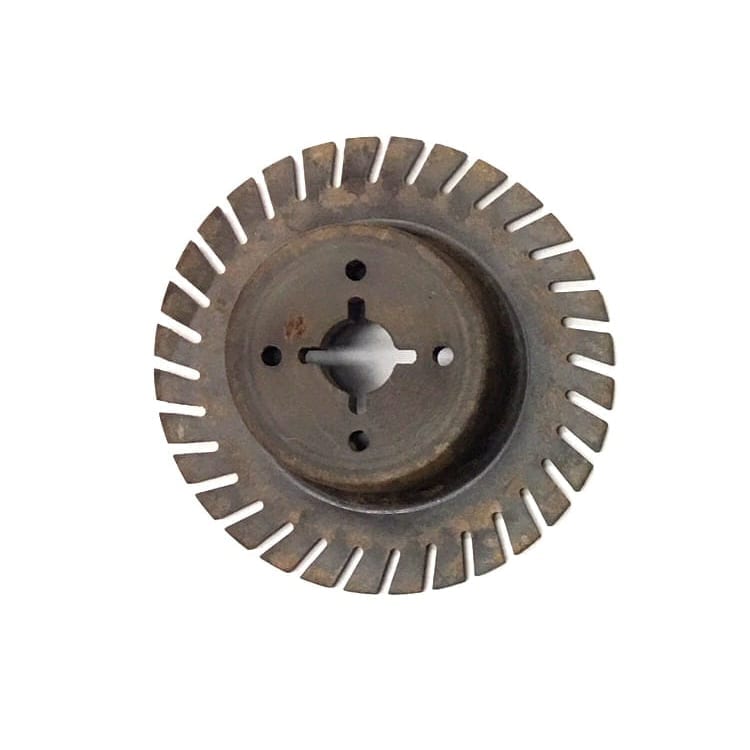


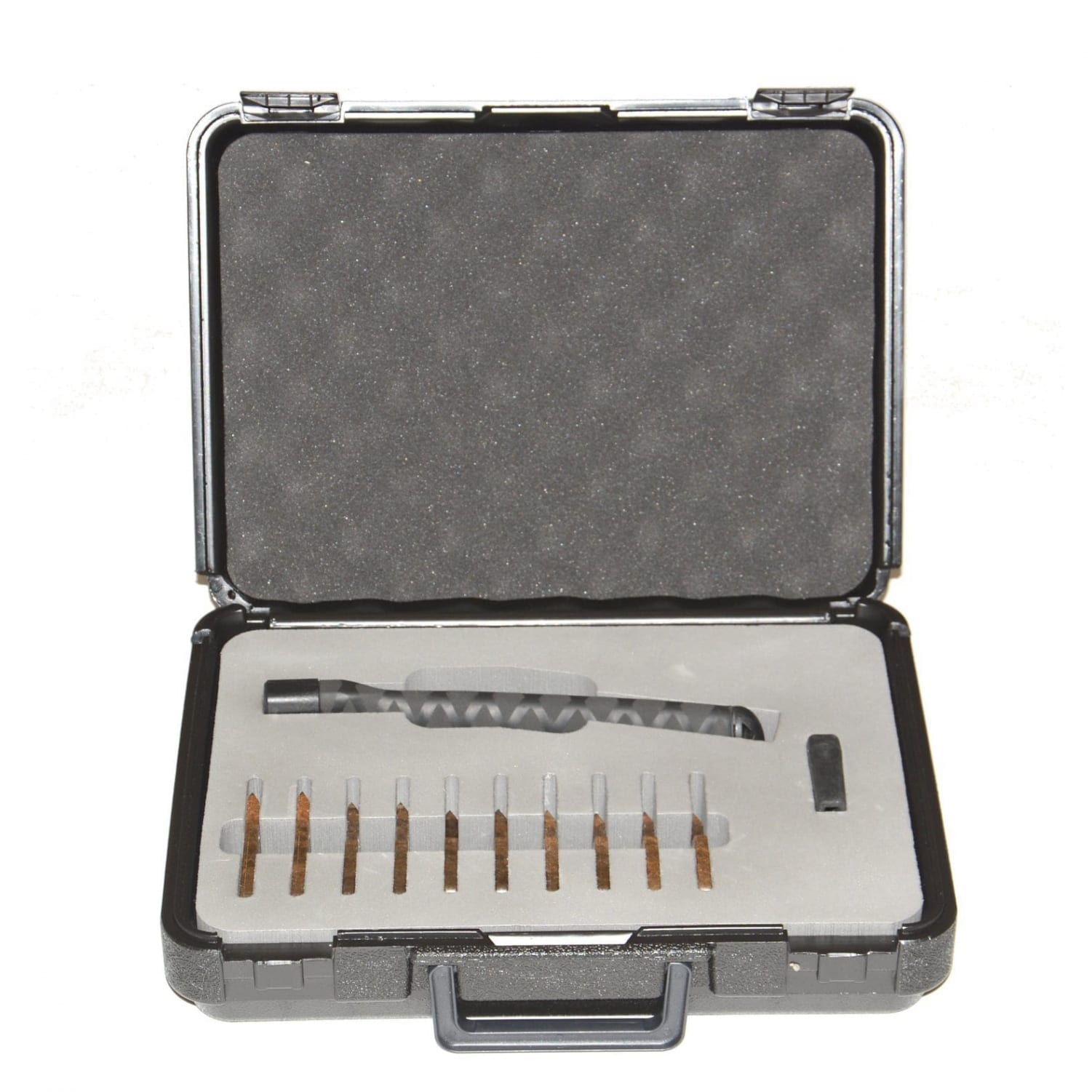 EnduroSharp® has changed the way aerospace maintenance professionals remove sealants and adhesives from substrates and fasteners. EnduroSharp® tools are made from Torlon®, a high strength polymer, creating a non-metallic scraper tool that will not damage composite structures during use. The EnduroSharp® lineup consists of a variety of scraper blades, gap blades, reamers, cutter, bits, and discs for removal of adhesives on aircrafts. The product line even consists of kits containing all of the parts and sizes that you will need.
EnduroSharp® has changed the way aerospace maintenance professionals remove sealants and adhesives from substrates and fasteners. EnduroSharp® tools are made from Torlon®, a high strength polymer, creating a non-metallic scraper tool that will not damage composite structures during use. The EnduroSharp® lineup consists of a variety of scraper blades, gap blades, reamers, cutter, bits, and discs for removal of adhesives on aircrafts. The product line even consists of kits containing all of the parts and sizes that you will need.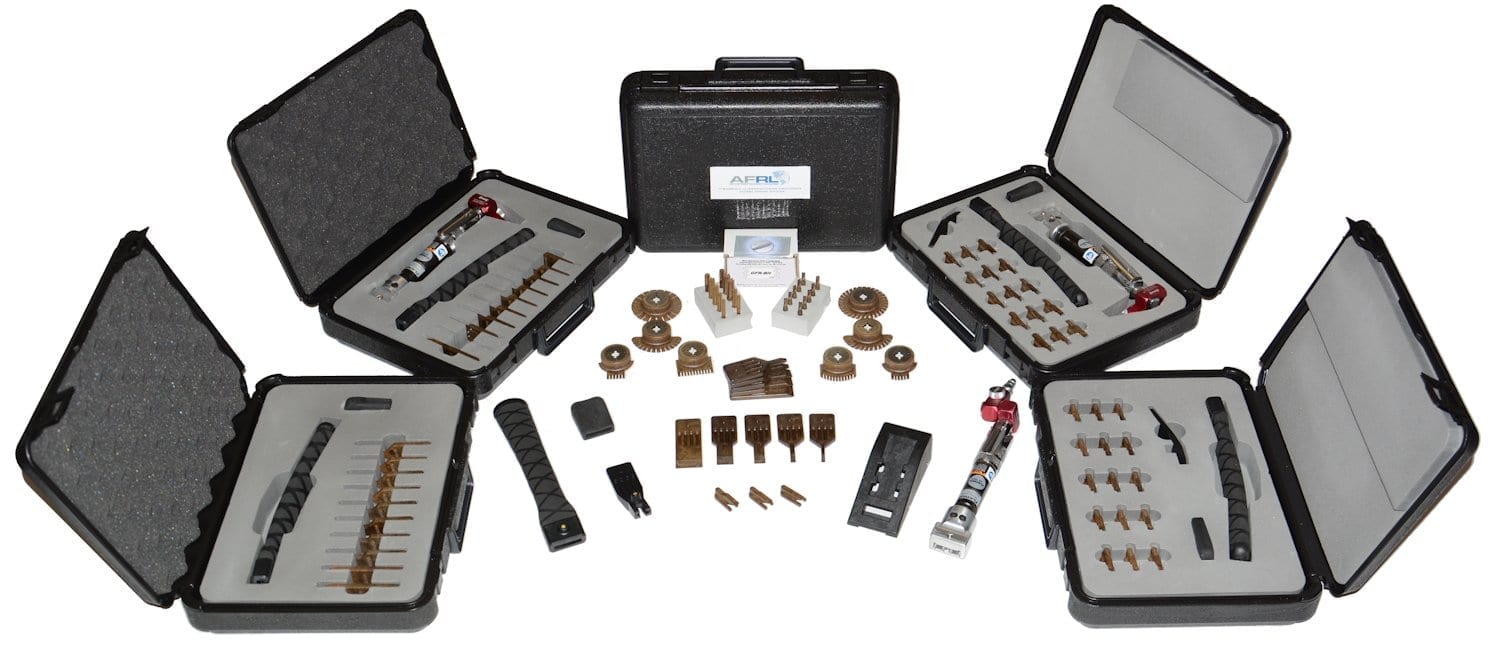 Look in any aircraft maintainer’s toolbox and you’re sure to find a few items that aren’t offered in any aviation supply catalog. You’ll probably find a sharpened putty knife, scribe, or utility blade that the maintainer uses to remove gap materials, sealants and adhesives from aircraft substrates and fasteners.
Look in any aircraft maintainer’s toolbox and you’re sure to find a few items that aren’t offered in any aviation supply catalog. You’ll probably find a sharpened putty knife, scribe, or utility blade that the maintainer uses to remove gap materials, sealants and adhesives from aircraft substrates and fasteners.